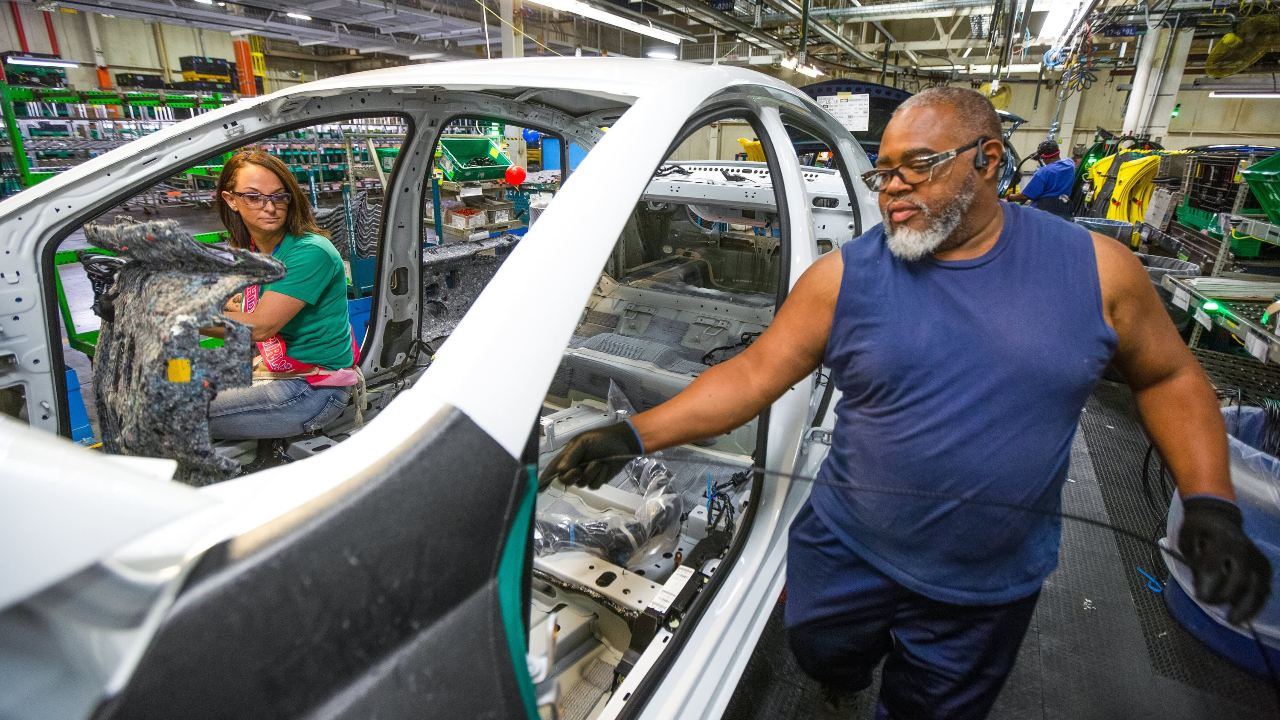
Earlier this month, workers at Midwest auto plants learned the U.S. Department of Energy is reconsidering $1.1 billion in EV grants awarded in July 2024 to General Motors and Stellantis. The funding was meant to convert facilities in Lansing, Belvidere, and Kokomo into EV hubs, preserving 15,000 union jobs.
“This grant underscores our commitment to U.S. leadership in manufacturing and innovation,” said GM Vice President Camilo Ballesty in July 2024.
With new DOE leadership citing documentation concerns, communities now face deep uncertainty. Will the review derail long-promised manufacturing and job growth across the Midwest?
Key Grants Under Federal Review

The grants under scrutiny include $500 million to General Motors for Lansing, Michigan, $335 million to Stellantis for Belvidere, Illinois, and $250 million for the Indiana Transmission Plant in Kokomo. Announced in July 2024, these awards aimed to convert combustion-engine plants into electric vehicle hubs supporting thousands of union jobs.
The review began after a change in DOE leadership, raising documentation concerns around multiple grants. Here’s how the timeline unfolded.
Timeline From Approval to Reconsideration
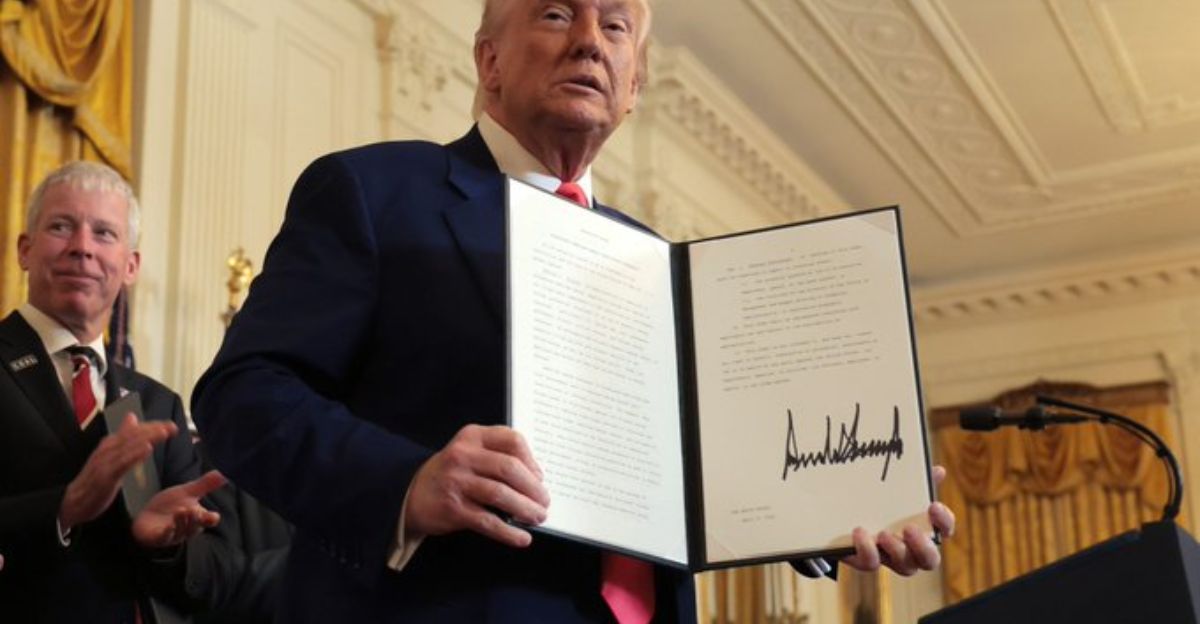
July 2024 saw the DOE’s initial awarding of grants focused on EV transition. After the presidential election in November 2024, the new administration launched a comprehensive review of earlier awards. By October 2025, potential revocations emerged, triggering a 30-day appeal window for affected companies.
According to DOE officials, the process aims for accountability. But what’s the broader impact on jobs and plants?
The Economic Stakes for Midwest Communities

These grants support plans to reopen or convert shuttered facilities—protecting 15,000 union jobs and creating 3,000 new ones. Stellantis’s $335 million grant targets Belvidere’s former assembly plant for electric pickups, while $250 million aims to retrofit Kokomo’s transmission plant. GM’s $500 million supports Lansing’s transition to EV production.
Local economies now face uncertainty and potential job losses. Next, we examine the direct consequences for workers.
Automakers Scaling Back Electric Models
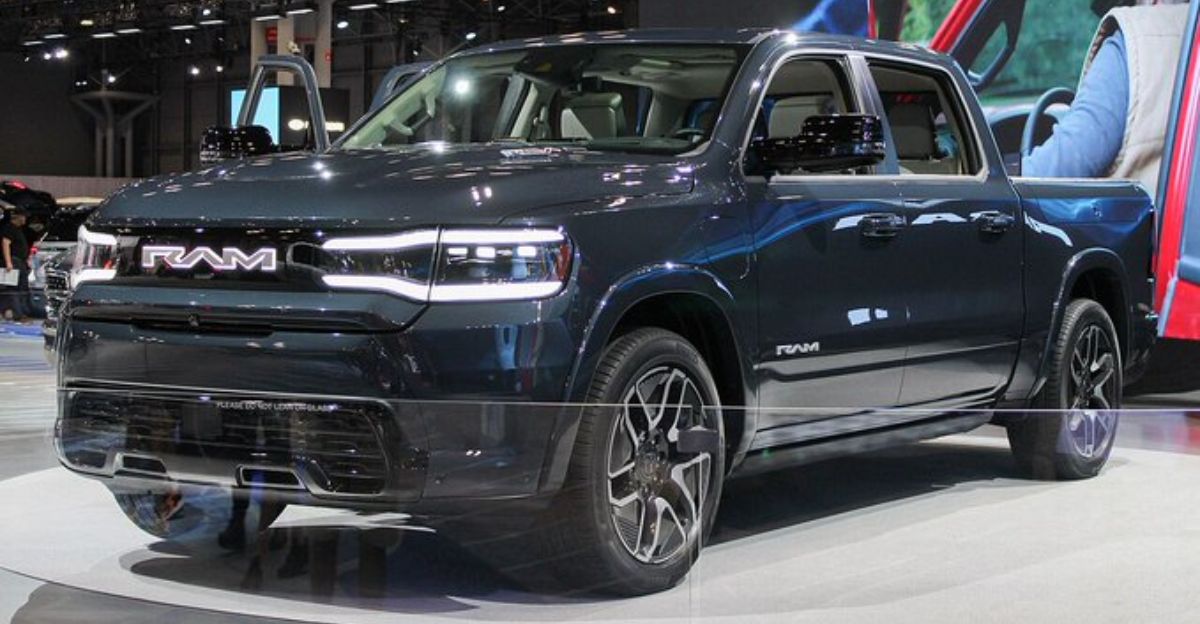
Stellantis has canceled several all-electric vehicle projects, including the Ram 1500 REV and Jeep Compass EV. The Chrysler C6X has been repositioned as a hybrid, and internal sources report the Dodge Charger Daytona SRT Banshee EV cancellation. GM is restructuring globally while recalibrating EV strategies amid financial pressures.
These shifts signal retreat from earlier electrification commitments. What does this mean for suppliers?
Supplier Expansion Plans Halted
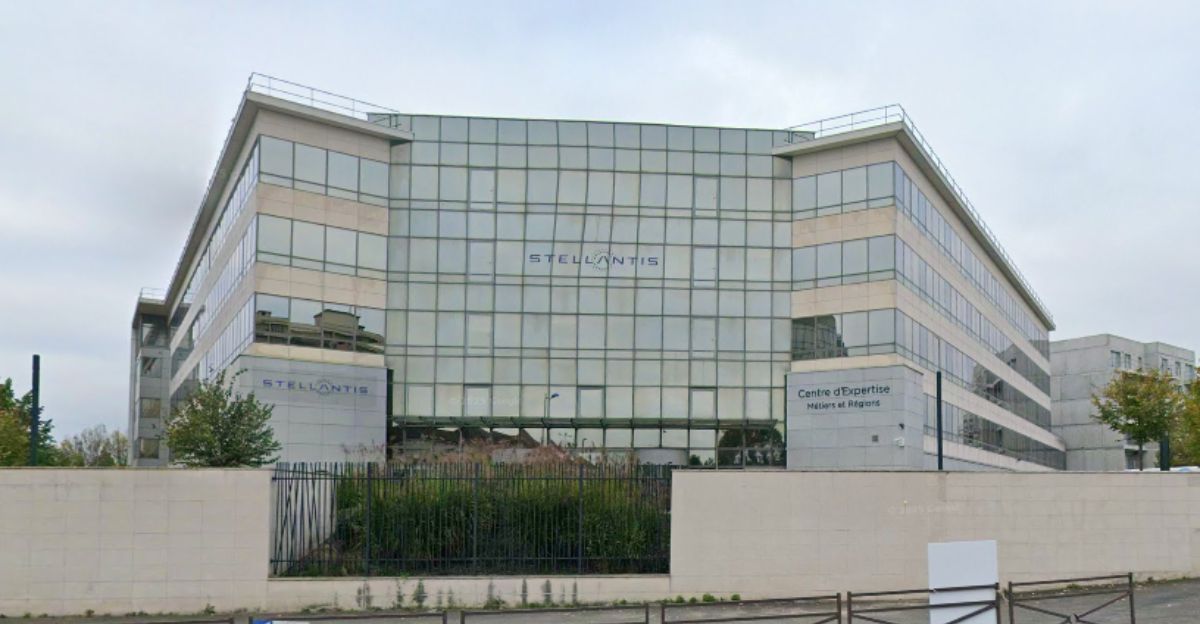
Suppliers linked to GM and Stellantis are freezing growth amid grant uncertainty. In Kokomo, where automotive manufacturing dominates, businesses like ZF North America face stalled expansion plans despite receiving their own DOE grants. The pause threatens broader economic stability in these regions.
The towns themselves are operating under economic strain, as the next slide reveals.
Economic Decline Deepens in Small Towns
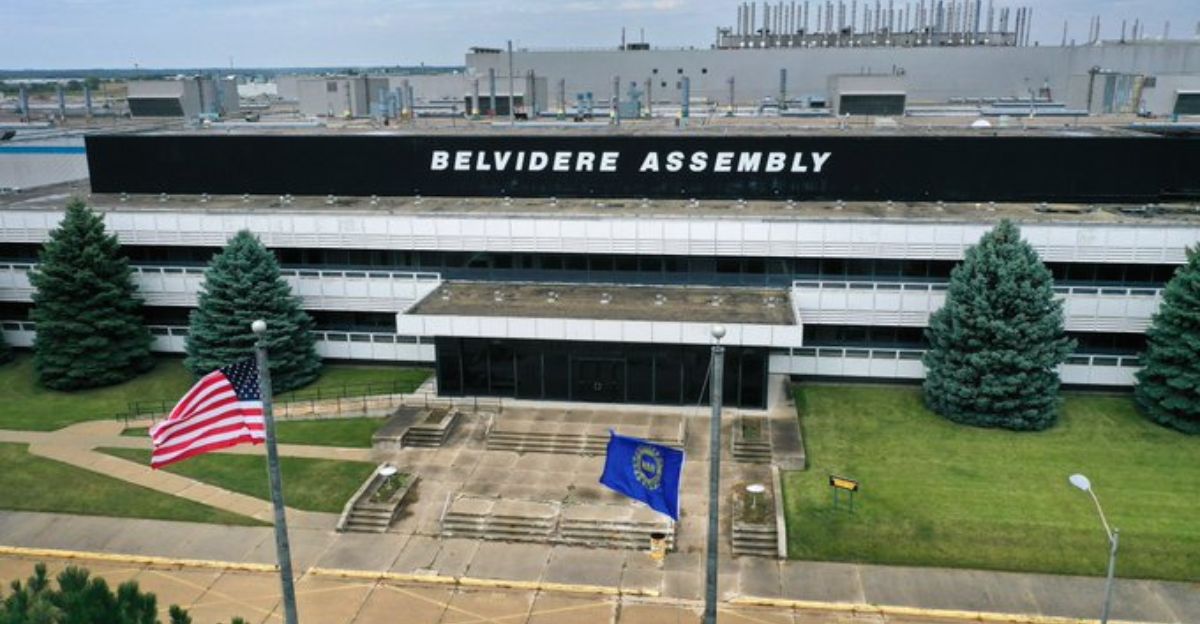
The Belvidere plant lost 35% of its tax revenue post-plant closure, increasing commercial vacancies. Mayor Clint Morris had expressed hope that Stellantis’s local commitments, secured after the 2023 UAW strike, would revive the town. Without the federal funding, economic recovery is in jeopardy.
Meanwhile, these cancellations fit a larger national pattern.
Part of Wider Clean Energy Funding Cuts
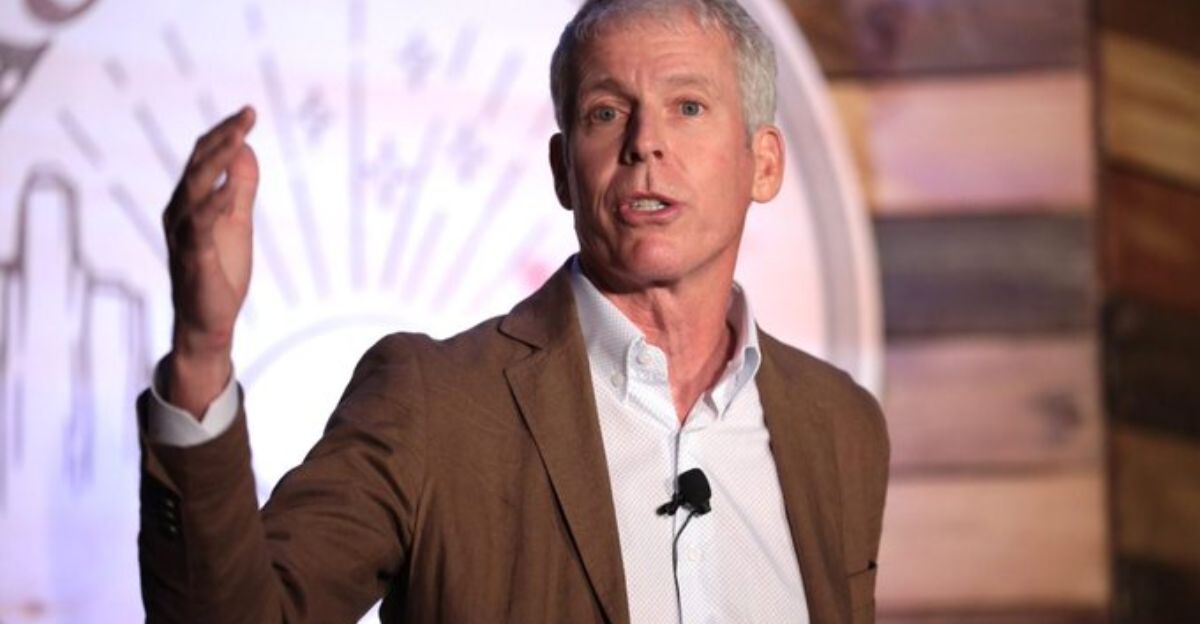
The DOE also announced the cancellation of $7.56 billion across 321 awards in early this month. Hundreds more projects could face cuts, sparking debates over fairness and geographic impact. The EV grants’ reevaluation aligns with this broader rollback of clean energy investments.
With federal support wavering, U.S. automakers risk falling behind global rivals.
U.S. Global EV Competitiveness At Risk
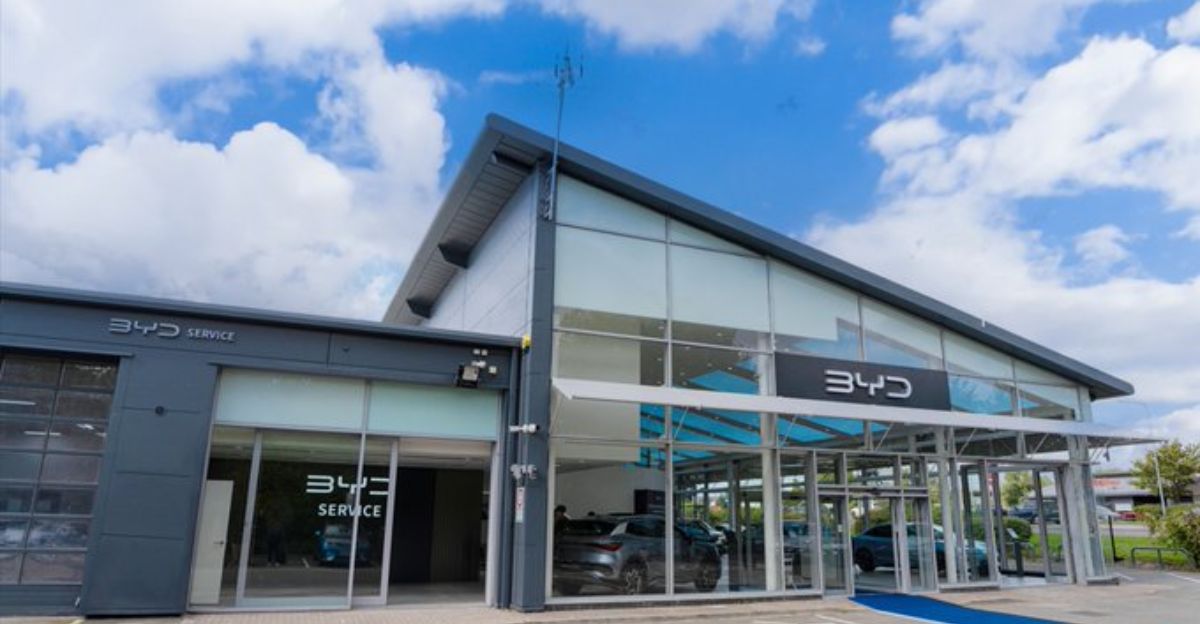
China’s BYD sold over three million EVs in 2024, leading worldwide aided by strong government subsidies. The European Union’s commitment to ban new combustion cars by 2035 provides regulatory clarity for its automakers. U.S. manufacturers face uncertain policy and market pressures.
This global competition is exploitable by foreign companies.
Chinese Automakers Capitalize Amid U.S. Uncertainty

Manufacturers like BYD, NIO, and Geely are expanding globally despite increased U.S. tariffs since August 2024. BYD’s lower vehicle prices give it an edge over U.S. and European brands, enabling further market share gains abroad.
At the same time, investment is shifting within North America itself.
Mexico and Canada Gain Investment Advantage

Due to U.S. regulatory uncertainty, Stellantis and GM are redirecting EV investments to Mexican and Canadian plants. Stellantis’s Toluca facility and GM’s Mexican operations have emerged as key EV production hubs instead of some original U.S. sites.
This shift signals challenges for U.S. manufacturing credibility.
U.S. Industrial Commitment in Question

The abrupt grant revocations signal to international investors that U.S. policy can change suddenly after elections. European and Asian firms reconsider U.S. expansion, favoring more stable policy climates in Mexico and Canada.
With bipartisan industrial policies wavering, uncertainty deepens.
Bipartisan Infrastructure Promise Falters

Passed in 2021 with support from both parties, the Bipartisan Infrastructure Law aimed to stabilize long-term infrastructure and clean energy investments, allocating $21 billion for demonstration projects. Now, $12 billion in awards face cancellation, calling federal policy reliability into question.
Workers and unions are responding to these shifts next.
Union Guidance for Displaced Workers
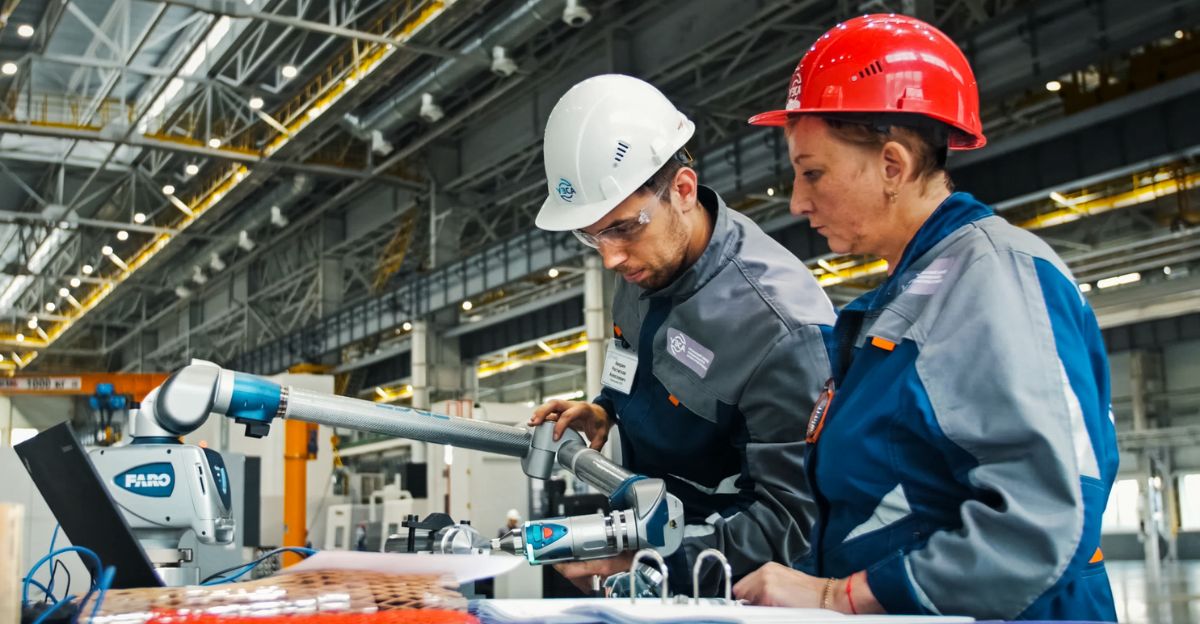
The United Auto Workers encourage members to seek retraining programs for EV technician roles and to apply for unemployment benefits. The UAW has launched campaigns to support displaced workers through advocacy and skill development in affected states.
Investors are closely watching what these disruptions mean for automakers.
Shareholder Impact and Investment Shifts

The $500 million GM grant amounts to about 4% of its North American EV investments since 2020. Market observers monitor whether companies will relocate more investment abroad or revise EV strategies amid uncertainty. Stellantis shares have reflected North American performance challenges preceding these grant reviews.
In parallel, communities explore adaptive futures.
Midwest Towns Pursue Economic Diversification

Photo by Michael Fousert on Unsplash
Facing potential plant closures, affected towns explore new industries such as heritage tourism, medical device manufacturing, and tech partnerships. Lessons from similar Midwestern cities guide planning to reduce dependence on a single employer.
Legal battles over these funding cuts are mounting.
Legal Challenges Loom Over Revocations

Affected automakers plan to contest grant cancellations, citing competitive merit processes and questioning DOE authority to rescind congressionally appropriated funds post-award. The 30-day appeal window set by DOE is underway, with company and local leaders preparing for legal disputes.
These federal actions carry significant political weight heading into elections.
Political Fallout in 2026 Battlegrounds

The grant revocations impact tens of thousands in Midwest districts with tight electoral races. The United Auto Workers and advocacy groups mobilize around reinstating funding promises, applying pressure in key swing regions ahead of the 2026 cycle.
Ultimately, these developments provoke a critical reflection on U.S. industrial policy.
America’s Industrial Strategy at a Crossroads
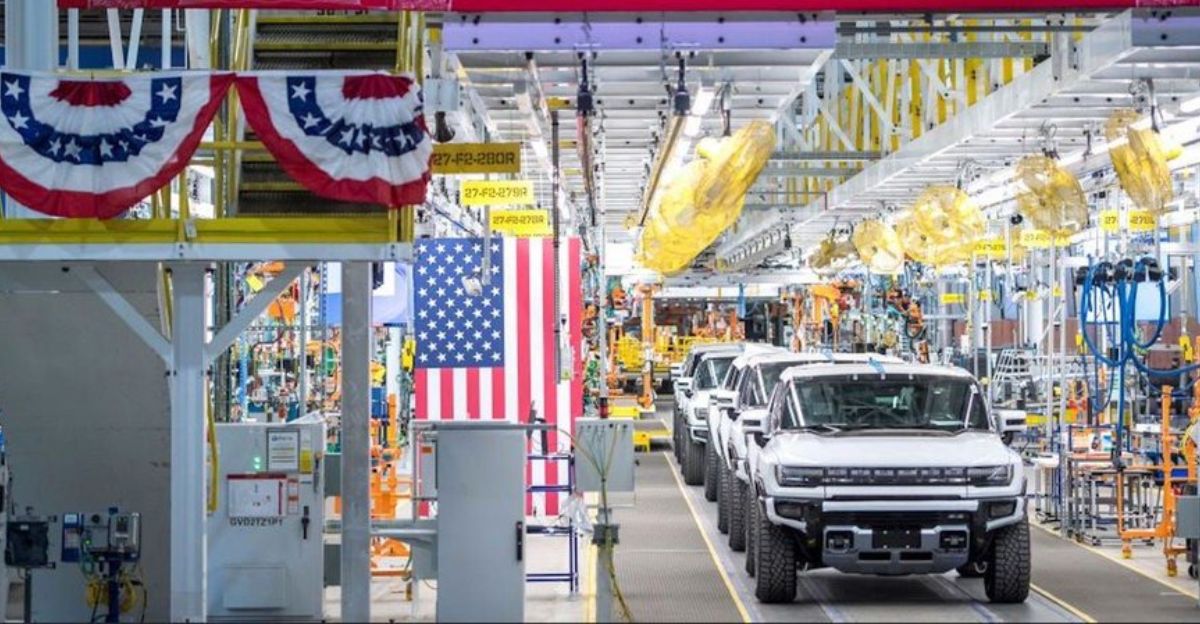
The revocation of $1.1 billion in EV grants underscores fundamental questions about maintaining a consistent, bipartisan industrial strategy amid policy reversals. Midwest automakers, suppliers, and communities await clarity as investments and jobs hang in the balance. The nation’s ability to compete globally in EV manufacturing depends on resolving these uncertainties.